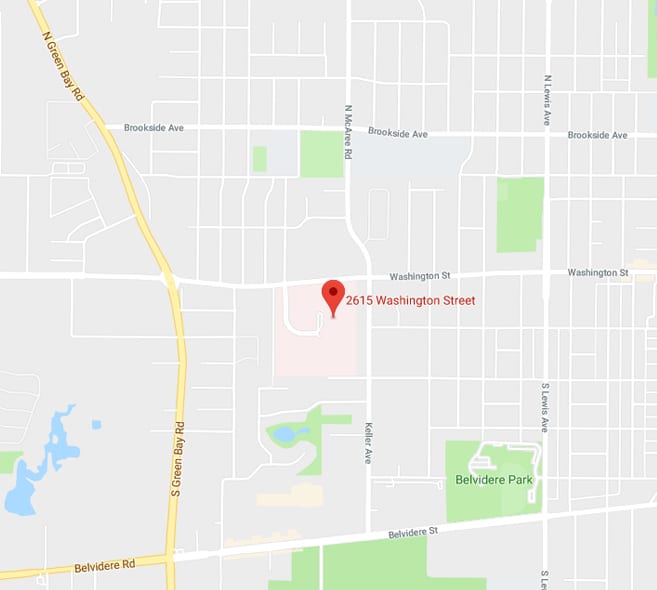Lake Behavioral Hospital Recognizes National Suicide Prevention Awareness Week
This week in September is dedicated as Suicide Prevention Awareness Week. It’s a time to pay attention to what you can do to make a difference. Everyone can help prevent suicide. First, let’s just look at what it means to be “suicidal”. Being suicidal means that someone has an idea or ideas about ending their life; hurting themselves in a way that will cause death. Many people who are suicidal have lost hope for finding solutions for the things that are causing them to consider ending their life.
You could be their solution.
There are some things you need to know and some things you can do to help. Here is some information and some ways you can take action.
Things to know:
- Take every threat of suicide seriously.
- If someone is giving their important and loved items away, this could be because they are considering suicide.
- Having a plan like time/date or clear ideas about how to end their life is a crisis.
- Any talk about suicide needs more discussion.
- Drugs and alcohol can make things seem worse than they are and can lead to thoughts that are suicidal.
- Depression, anxiety and other mental health conditions can lead to suicidal thinking.
- Someone who feels hopeless, helpless and worthless may also be considering suicide.
- Isolating and pulling away from friends and family may mean someone is feeling depressed and could be suicidal.
- Not everyone who is sad or depressed is suicidal, but everyone needs someone to talk to about their feelings.
- Talking to someone about suicide does not cause them to consider suicide. Most often they are relieved that someone is willing to listen.
Things to do:
- Find a Mental Health First Aid, or QPR course in your area to learn more about how to help.
- Talk openly and honestly about what you think someone may be considering: Ask Directly: Are you thinking of killing yourself? Are you thinking of suicide?
- Ask more questions about their plans and things they may have considered.
- Stay with the person; don’t leave or ask them to promise to stay safe and end the meeting until another time or day.
- If drugs or alcohol are in the picture, things can get worse fast! Call 911.
- Ask if you can call another friend, family member, or counselor that they feel can help support them in the crisis.
- Just listen. Let the person know they are important. Try to get another person to work with you as you help. Two brains are always better than one!
- Pay attention. Check in on people you know. Ask how they are doing and feeling.
- Always remember there are people who can help you be a helper. You never have to be alone in offering support.
- Keep numbers for crisis hotlines like 1-800-273-TALK or text lines like texting HELP to 741741 available. These are trained professionals who can support you in helping someone be safe.
If you or someone you know is experiencing a mental health crisis, look to Lake Behavioral Hospital for a free level of care assessment to help determine what kind of support you need to feel better. One call to 855-990-1900 at any time, 24/7/365, will get you moving in the right direction.



